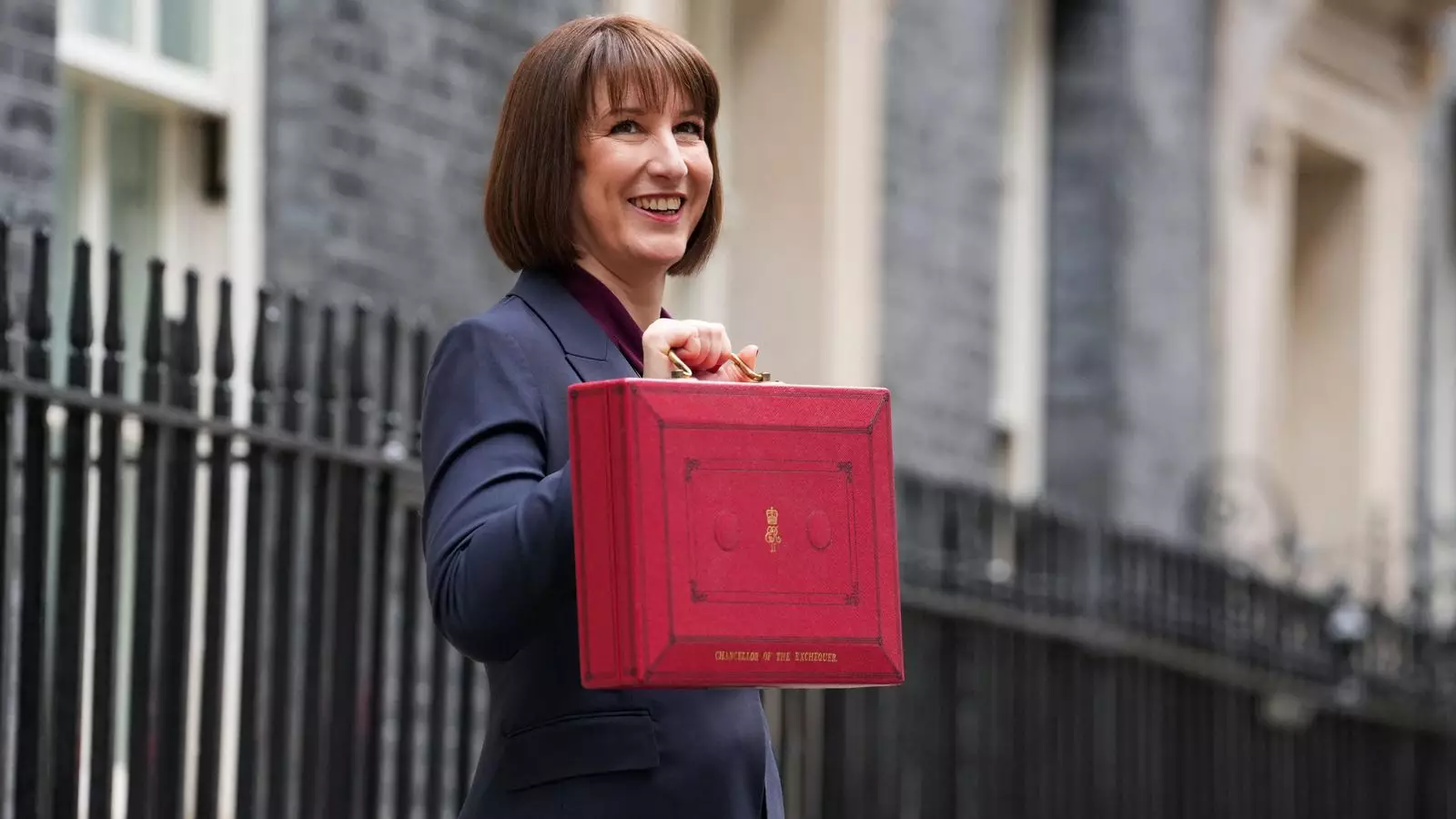The recent statements from the government’s senior figures reveal more than they intend. While officially maintaining a cautious stance, hints about impending tax increases cast a pall over the political landscape. Heidi Alexander’s remarks, peppered with qualifiers and non-committal language, serve as a diplomatic dance around the issue of fiscal responsibility versus electoral promises. The phrase “cognisant of the challenges” is a diplomatic way of acknowledging economic realities without committing to action. Yet, beneath this ambiguity lies a stark truth: fiscal prudence may be sacrificed at the altar of political expediency, especially as the government navigates the fallout from failed welfare reforms.
This silence is revealing because it underscores a fundamental dilemma that center-left liberals often grapple with—balancing social equity with economic sustainability. Political language is designed to deflect, to avoid outright commitments that might alienate voters or antagonize party factions. However, this careful rhetoric camouflages a more troubling reality: that the government may be preparing to betray its core promise of modest-income tax neutrality. Or perhaps worse, it signals a recognition that short-term political survival may require sacrificing long-term trust.
Economic Necessity or Political Expediency?
The debate over raising taxes in this context is not purely about fiscal math but about the moral legitimacy of the government’s priorities. On one hand, the need for increased revenues to fund essential services and honor commitments—be it military spending, the NHS, or social welfare—cannot be ignored. Economic shocks, inflation, and rising costs make it nearly impossible to sustain public services without additional revenue streams.
Yet, the discourse surrounding these potential increases is manipulated to appear as if it is driven by fairness and responsibility. Alexander’s claim that “fairness is going to be our guiding principle” reads more like a deflection than a conviction. Fairness to whom? The working class that has borne the brunt of austerity measures or the wealthy whose taxes remain relatively untouched? The vacillation between rhetorical assurances and behind-the-scenes planning hints at a government more committed to protecting its political capital than its promises of social equity.
Fundamentally, this debate reveals the core inconsistency within the current political paradigm. Center-leaning liberals must acknowledge that compromises are often necessary. But these compromises should never come at the expense of the most vulnerable. When governments resort to tax hikes as a primary revenue source rather than fair distribution or cutting back on priorities that serve the wealthy or extravagant projects, it signals a betrayal of social justice principles.
Political Theatre or a Necessary Course of Action?
The hysterical accusations hurled by opposition figures—claiming Labour’s “crashing the economy” while silence on their own end persists—are emblematic of a polarized political atmosphere. It’s easy to demonize tax increases as economic sabotage, especially in a climate where austerity has become a dirty word, yet the alternative—unsustainable public debt—threatens to undermine the very fabric of a resilient social contract.
The government’s dilemma is intensified by internal rebellions and political fallout. Labour’s failed attempts at welfare reform were a symptom of a broader ideological struggle. Their retreat from certain policy ambitions shows a pragmatic acknowledgment of political realities, but one that leaves the fiscal question hanging in the air. The cuts to PIP, the reliance on taxing revenue rather than cutting spending, reflect a troubling trend—the decision to prioritize short-term political stability over genuine social investment.
This dynamic exposes the contradictions within center-wing liberalism itself: the desire to foster equitable growth and social justice, but the inability or unwillingness to confront the tax system’s structural inequalities fully. Instead, the government appears resigned to muddle through with incremental increases—precariously balancing economic stability and political legitimacy, often at the expense of the public’s trust.
In this turbulent political landscape, the forthcoming budget will likely serve as a litmus test for the government’s true priorities. It’s tempting to dismiss the hints of tax rises as mere political posturing, but insiders and opposition voices suggest otherwise. For center-leaning liberals, this moment demands a resolute stance—not against taxation per se, but against unfair and regressive tax policies that deepen inequality. If the government chooses to prioritize the short-term electoral advantages of austerity over genuine social progress, it risks eroding public trust and compromising the social fabric it claims to uphold. The question remains: will future policies reflect a commitment to fairness and social justice, or will they succumb to the allure of easy revenue from those who can least afford it? The answer will shape the moral direction of the nation in the years to come.

